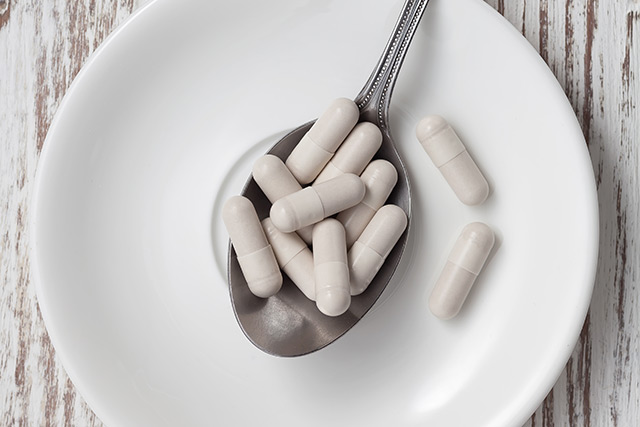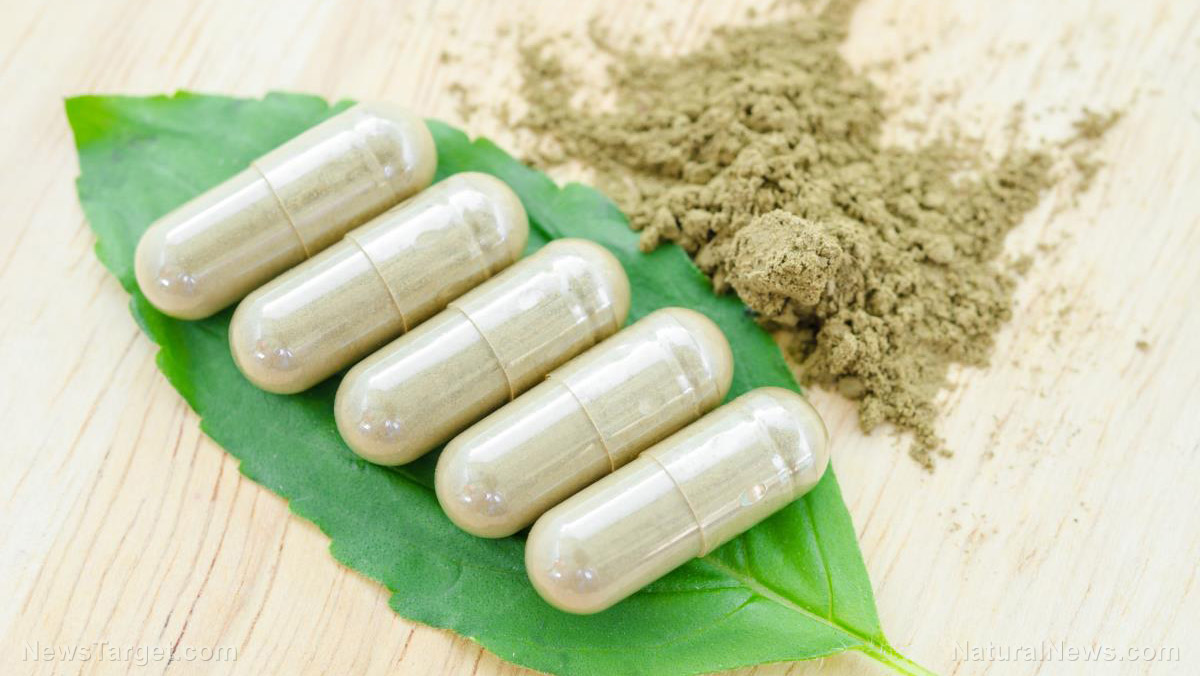Deficiencies in glutathione explain why many of us are suffering chronic health conditions
08/29/2018 / By Michelle Simmons

Based on 2012 statistics (the latest statistics available), nearly half of all American adults, or 117 million people, were found to have at least one chronic health condition, such as heart disease, cancer, and neurodegenerative disease. Glutathione deficiency could be a reason behind these illnesses.
Researchers said that the lack of glutathione, the “master” antioxidant of the body, could be behind the great number of people with chronic illnesses. Glutathione is produced from the amino acids glycine and glutamine and is found in all cells of the body. Its levels affect longevity and play many important roles in the body.
Glutathione is an essential antioxidant as it protects cells against damage by oxidative stress, free radicals, infection, and disease. It helps regulate inflammation, control cell growth, and fight the oxidation of circulating fats in the bloodstream. In addition, it helps in the production of proteins, helps the liver detoxify metabolic waste products, and protects against environmental toxins. Lastly, it enhances immune system function.
Glutathione levels start to decline at around the age of 45 as diseases, injury, and stress start to take their toll. The lowest glutathione levels are found among older hospital patients. Since glutathione is vital to well-being, a lack of this antioxidant can negatively health. Low levels of glutathione are linked to a lot of health problems, such as cancer, diabetes, autoimmune disease, cardiovascular disease, dementia, autism, arthritis, asthma, and a lot more.
Apart from aging, there are many factors that can reduce the levels of glutathione. Infections, injury, stress, and exposure to toxins like heavy metals, pesticides, genetically modified organism (GMO) foods, and radiation from wireless systems can decrease glutathione levels.
In addition, prescription and over-the-counter medications have a negative effect on glutathione levels. For example, a common painkiller called acetaminophen can deplete the liver’s stores of glutathione, which can be life-threatening.
How to prevent glutathione deficiency
Although consuming glutathione-rich foods can help reduce oxidative stress and spare the body’s natural stores of glutathione, it is more effective to consume foods and supplements that increase glutathione production. Here are some ways of preventing glutathione deficiency:
- Eat sulfur-rich foods — According to studies, eating foods rich in sulfur can reduce oxidative stress and increase glutathione levels. Sulfur-rich foods include eggs, garlic, onions, Brussels sprouts, cabbage, cauliflower, and kale.
- Try whey protein — One of the key building blocks of glutathione is bioactive, organic grass-fed whey protein containing cysteine. Look for products that are made from non-denatured protein for maximum benefit.
- Get moving — Exercise, such as walking, running, jogging, and cycling, can increase glutathione levels, but the most effective way to increase glutathione is to combine cardio and strength training exercises.
- Eat foods rich in vitamins C and E — Vitamin C converts oxidized glutathione back to its active form, while vitamin E protects enzymes that protect glutathione. Vitamin C is found in oranges, red peppers, and strawberries, while good sources of vitamin E include almonds, spinach, sunflower seeds, and wheat germ.
- Take N-acetyl cysteine (NAC) — Research has shown that pretreatment with NAC increases glutathione levels in older cells while reducing cell death. Thus, supplementing with 200 milligrams (mg) to 500 mg of NAC twice daily can increase glutathione.
- Utilize alpha-lipoic acid (ALA) — ALA has been shown to reverse declines in glutathione levels that come with stress and immune system depletion.
- Take B-vitamins — Increasing methylation, which is vital to producing and recycling glutathione, can be done by taking B-complex vitamins.
- Eat selenium-rich foods — Selenium, which can be found in Brazil nuts, sardines, and grass-fed beef, can help recycle and produce glutathione.
- Try milk thistle — Silymarin, milk thistle’s active ingredient, also helps protect toxin-induced declines in glutathione levels.
Keep in mind that people who consider themselves healthy may not necessarily be glutathione-deficient, but may still have decreasing glutathione levels. Watch out for the symptoms of glutathione deficiency, such as:
- Brain “fog”
- Depression
- Dizziness
- Dry skin
- Frequent colds
- Headaches
- Joint pain
- Onset of a more serious health condition
- Rashes
- Sleep disorders
- Weakness/lack of energy
Read more stories on glutathione by going to SupplementsReport.com.
Sources include:
Tagged Under: antioxidants, chronic diseases, chronic health conditions, Glutathione, glutathione deficiency, glutathione levels, nutrition, prevention, supplements




















